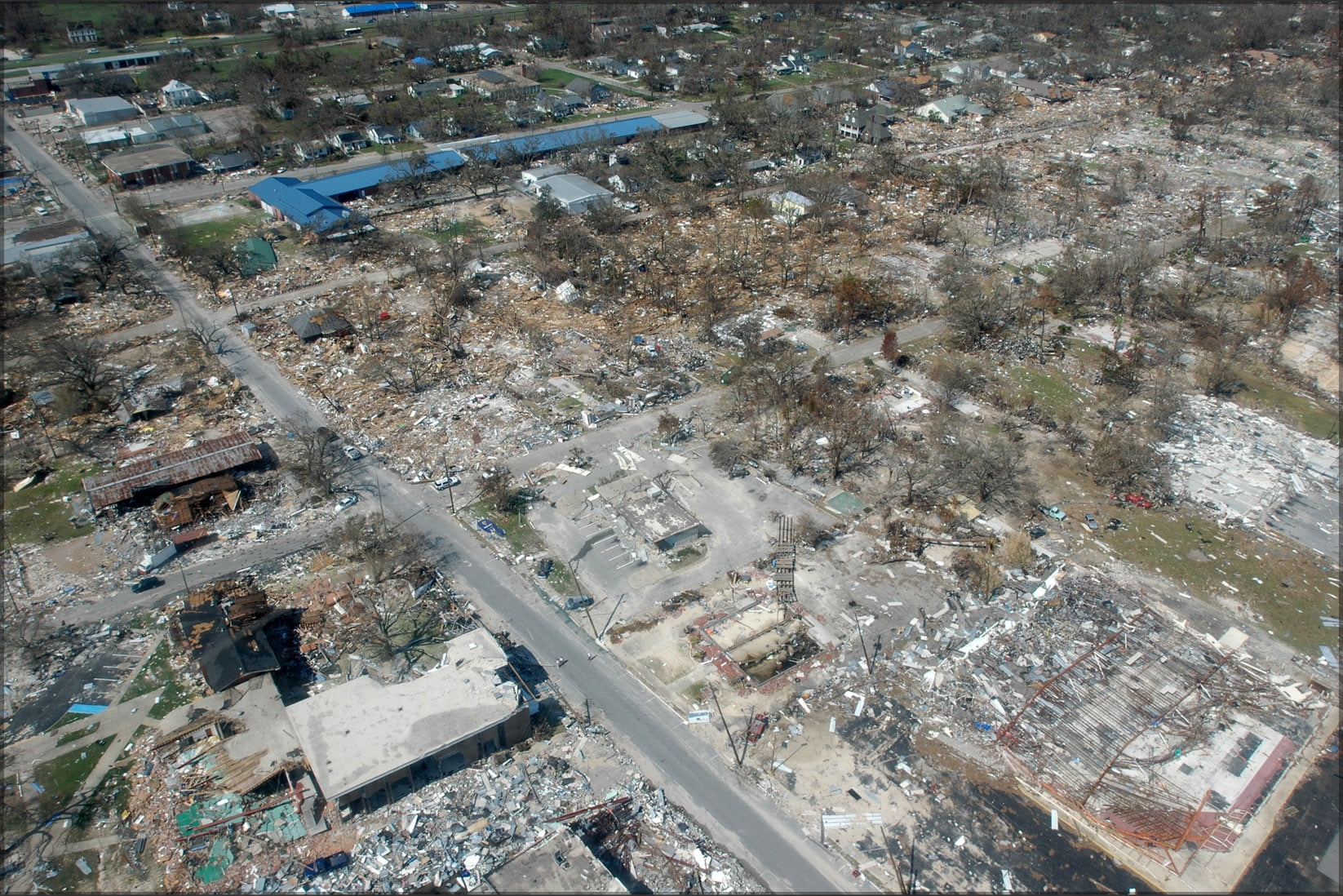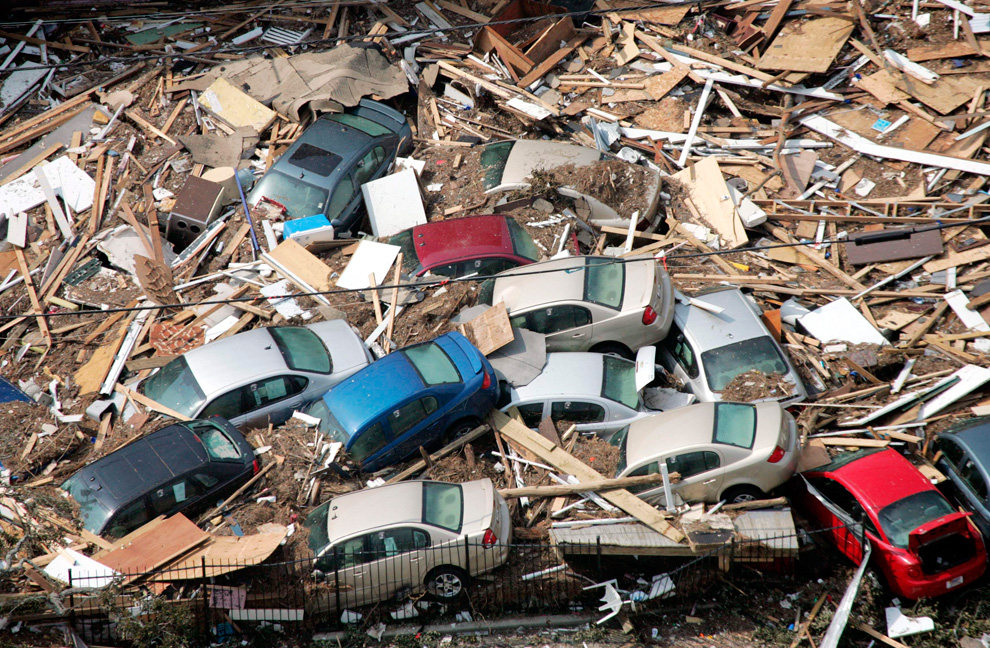
Materials will have to be transported from other areas of the country, which means rising costs that will either be passed on to homeowners, or construction companies will be forced to lose profits if they have committed to perform building contracts at a fixed price.

Since the New Orleans port is closed, it follows that cement prices will rise, as will other building materials since these materials cannot be brought into the port of the area where the materials will be used for building.

The port of New Orleans has a specialized facility for handling cement, and handles 12 percent of all cement coming into the U.S. New Orleans is the country's main port for the importation of cement and other building materials. However, one problem for the strength of the market can be seen in increasing costs of building materials. Overall market strength seems not to have been affected by Hurricane Katrina. According to the Census Bureau, the impact of Hurricane Katrina on the South was minimal, since the area affected by Katrina represented such a small portion of the South region. had the highest gains in the country for housing starts with an increase of 6 percent in September. In addition, the South region of the U.S. The Census Bureau reported that national housing starts rose last month by 3.4 percent, making September the third-best month on record, despite the devastation on the Gulf Coast. Housing starts and building permits are a leading indicator of the strength of the real estate market, since they indicate new construction and growth. One good sign for the real estate market is that housing starts have remained strong since Hurricane Katrina occurred. Since New Orleans is still fairly deserted and people are slow to return, there is a larger supply of homes that were not destroyed by the hurricane, than there is demand for homes in the market. Agents in the area are hard-pressed to find buyers, and the houses agents had for sale prior to Katrina have been destroyed and are mostly total losses. However, this prediction did not become reality. Since Hurricane Katrina dramatically decreased the supply of structurally sound, non-flooded housing, some real estate agents predicted an increase in quick housing sales ranging from a 20 percent to 30 percent increase. Initially, a real estate boom was predicted post-Katrina, especially for the areas of the city that were not affected by flooding. How is the real estate market affected in the wake of a devastating hurricane?Īccording to the National Association of Realtors, hurricanes have historically had only short-term effects on the price of homes. Because much of New Orleans was submerged for 2 weeks or more, the secretary of the Louisiana Department of Environmental Quality currently estimates that between 140,000 and 160,000 homes need to be leveled and completely rebuilt. For houses not completely blown to the ground by the 145 mph winds, the amount of damage sustained generally depends on the length of time the home was submerged in floodwaters, allowing mold and rot to thrive in the structure of the home.

Heavy rain and strong winds destroyed much of New Orleans and surrounding areas, leaving the Gulf Coast under water for weeks.

Hurricane Katrina struck the Gulf Coast on Augand was one of the worst natural disasters in American history.


 0 kommentar(er)
0 kommentar(er)
